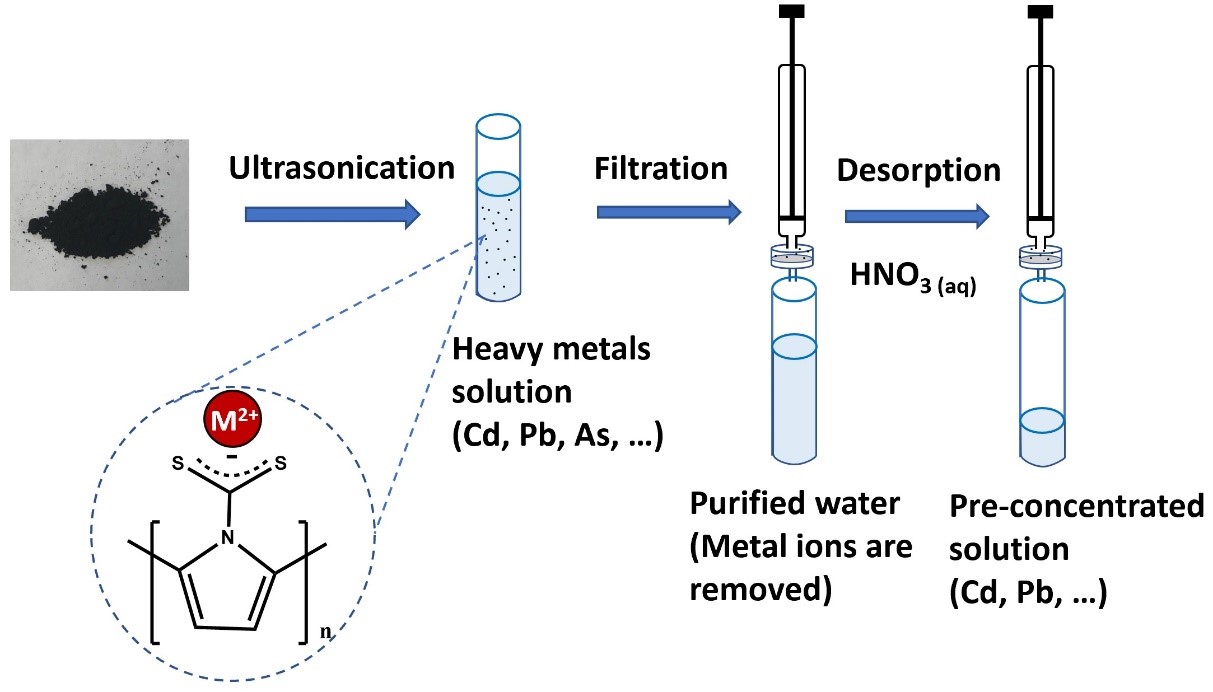Faculty: Jon R. Kirchhoff, Ph.D.

Distinguished University Professor
Email: jon.kirchhoff@utoledo.edu
Office: WO 2265
Phone: (419) 530-1515
Fax: (419) 530-4033
Professional Background:
B.A. 1979 State University of New York at Cortland
Ph.D. 1985 Purdue University
Postdoctoral Fellow: 1985-1989 University of Cincinnati
Publications
Group members
Research Summary:
Research in the Kirchhoff group focuses on developing analytical methodology that enhances selectivity and sensitivity for chemical measurements, especially those involving detection of analytes in complex mixtures or at trace levels. Numerous approaches to enhance selectivity are employed such as the development of electrochemical-based sensor devices with analyte specific recognition elements, or selective extraction materials based on conducting polymer materials. With all of these approaches, we push the limits of detection and extend the levels at which detection and quantitation can be confidently made.
Research projects are interdisciplinary in nature, spanning many subdisciplines of chemistry and influencing all areas of chemistry. Graduate and undergraduate students have developed separation strategies for the analysis of isomeric o-quinones, chiral drug compounds and metals. They have also fabricated bio- and electrocatalytic electrodes for the measurement of the neurotransmitter acetylcholine and its metabolic precursor choline, as well as thiols at the sub femtomole level. They have developed assays for investigating variations in choline uptake in brain tissue by cholinomimetic inhibitors of choline transport, discovered novel chemical vapor deposition and nanomaterials techniques to create disk and ring-disk microelectrodes, specific sensor devices, and new optically transparent electrodes for spectroelectrochemical measurements. Novel luminescent rhenium(II) transition metal complexes and cadmium selenide quantum dot structures have been synthesized and characterized.
Recent research has focused on the development of conducting polymeric materials for applications in solid-phase extraction (SPE) and solid-phase microextraction (SPME) of environmental contaminants. Novel materials based on pyrrole and thiophene monomers are excellent sorbents for the extraction and determination of polar organic compounds and microcystin variants, which are hepatotoxins found in water sources during harmful algae blooms. Modification of pyrrole monomer to incorporate a chelating agent allows the simultaneously chelation and extraction of metal ions from a variety of water matrices. Application of the air stable polymer, poly(pyrrole-N-carbodithioic acid), PPy-CS2, is shown below for the ultrasound-assisted dispersive SPE of heavy metals ions.



